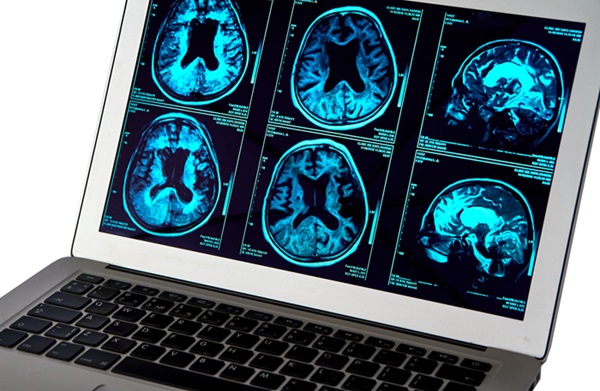AI Software Analyzes Neuroimaging Data and Patient Information to Diagnose 10 Types of Dementia
Posted on 02 Sep 2024
Alzheimer’s disease is the leading cause of dementia, which broadly refers to impairments in cognitive functions such as memory and language that affect daily living. However, diagnosing dementia is challenging due to the possible coexistence of multiple dementia causes, often making it difficult to identify the precise cause until it is too late for effective intervention. A new artificial intelligence (AI) tool has been developed to accurately diagnose the cause of cognitive decline, aiding doctors in establishing a more accurate diagnosis quickly.
Developed by a team of researchers from Boston University (Boston, MA, USA) and external collaborators, the AI tool utilizes a range of commonly collected patient information, including medical history, medication usage, demographic details, and results from neurological and neuropsychological exams, alongside neuroimaging data such as MRI scans. This information is processed by the AI software to predict the type of dementia and provide a confidence score. The algorithm which has been trained with data from over 50,000 individuals across nine global datasets is capable of diagnosing 10 different dementia types, such as vascular dementia and frontotemporal dementia, even when they are present simultaneously.

The effectiveness of this AI tool was evaluated by having neurologists assess 100 cases both with and without the assistance of the AI software. The results, published in Nature Medicine, demonstrated that the AI-enhanced evaluations increased diagnostic accuracy by 26%. With a global shortage of neurology specialists and a rising number of dementia patients, this discrepancy strains healthcare systems. An AI diagnostic tool could significantly alleviate the burden on healthcare professionals who are pressed for time and resources. The research team is now focused on advancing this AI tool into clinical settings for broader testing, aiming to integrate it into hospitals and practices for routine use.
“We believe AI can help by identifying these disorders early and assisting doctors in managing their patients more effectively, preventing the diseases from getting worse,” said Boston University’s Vijaya B. Kolachalama, an expert on using computers to aid medical diagnoses, who developed the AI tool.
Related Links:
Boston University














